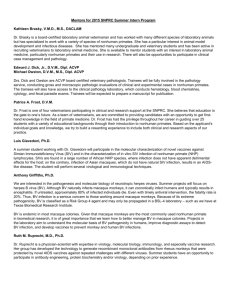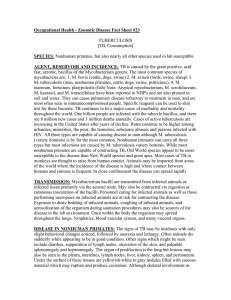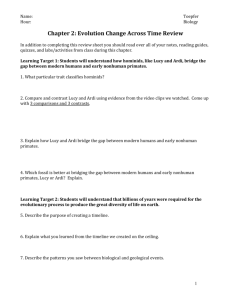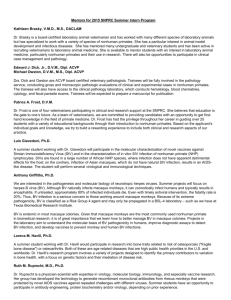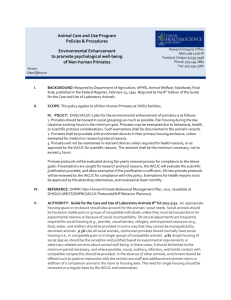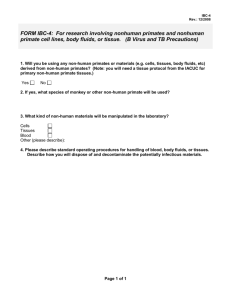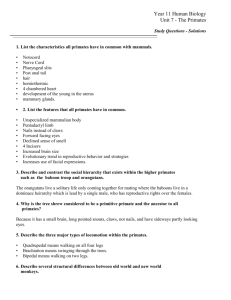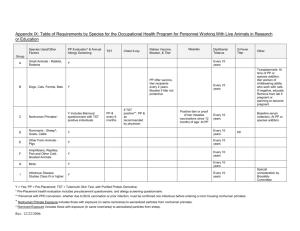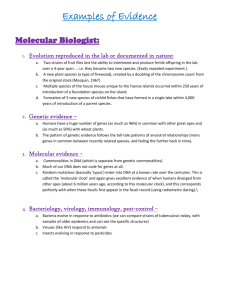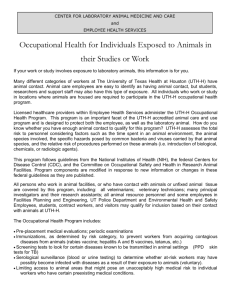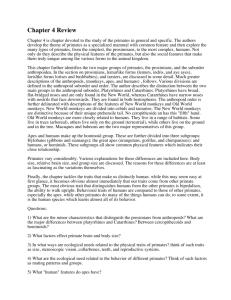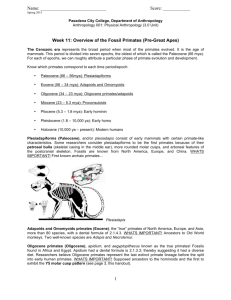Private Ownership of Nonhuman Primates
advertisement
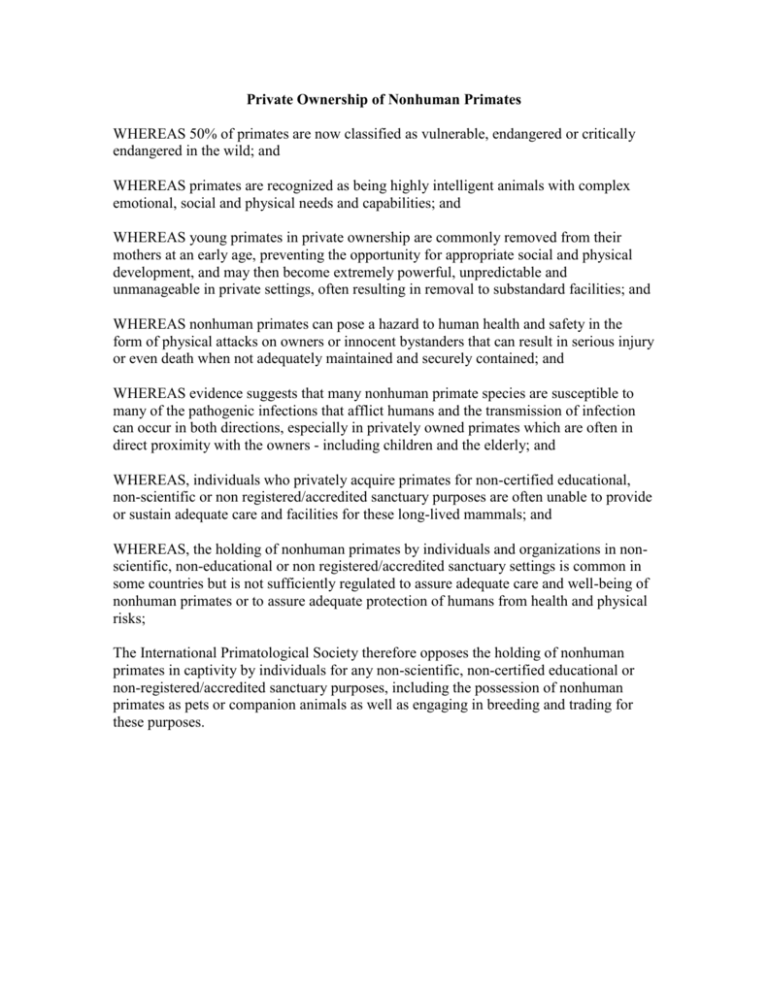
Private Ownership of Nonhuman Primates WHEREAS 50% of primates are now classified as vulnerable, endangered or critically endangered in the wild; and WHEREAS primates are recognized as being highly intelligent animals with complex emotional, social and physical needs and capabilities; and WHEREAS young primates in private ownership are commonly removed from their mothers at an early age, preventing the opportunity for appropriate social and physical development, and may then become extremely powerful, unpredictable and unmanageable in private settings, often resulting in removal to substandard facilities; and WHEREAS nonhuman primates can pose a hazard to human health and safety in the form of physical attacks on owners or innocent bystanders that can result in serious injury or even death when not adequately maintained and securely contained; and WHEREAS evidence suggests that many nonhuman primate species are susceptible to many of the pathogenic infections that afflict humans and the transmission of infection can occur in both directions, especially in privately owned primates which are often in direct proximity with the owners - including children and the elderly; and WHEREAS, individuals who privately acquire primates for non-certified educational, non-scientific or non registered/accredited sanctuary purposes are often unable to provide or sustain adequate care and facilities for these long-lived mammals; and WHEREAS, the holding of nonhuman primates by individuals and organizations in nonscientific, non-educational or non registered/accredited sanctuary settings is common in some countries but is not sufficiently regulated to assure adequate care and well-being of nonhuman primates or to assure adequate protection of humans from health and physical risks; The International Primatological Society therefore opposes the holding of nonhuman primates in captivity by individuals for any non-scientific, non-certified educational or non-registered/accredited sanctuary purposes, including the possession of nonhuman primates as pets or companion animals as well as engaging in breeding and trading for these purposes.
